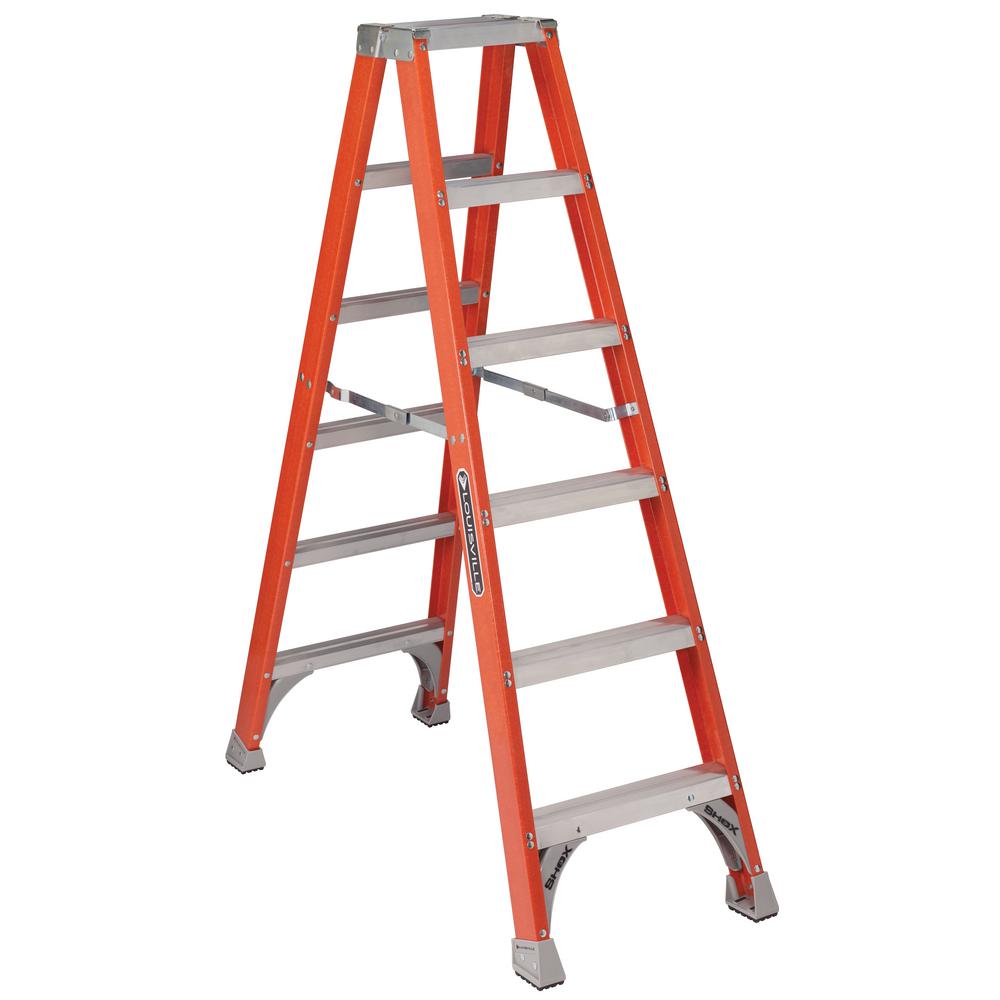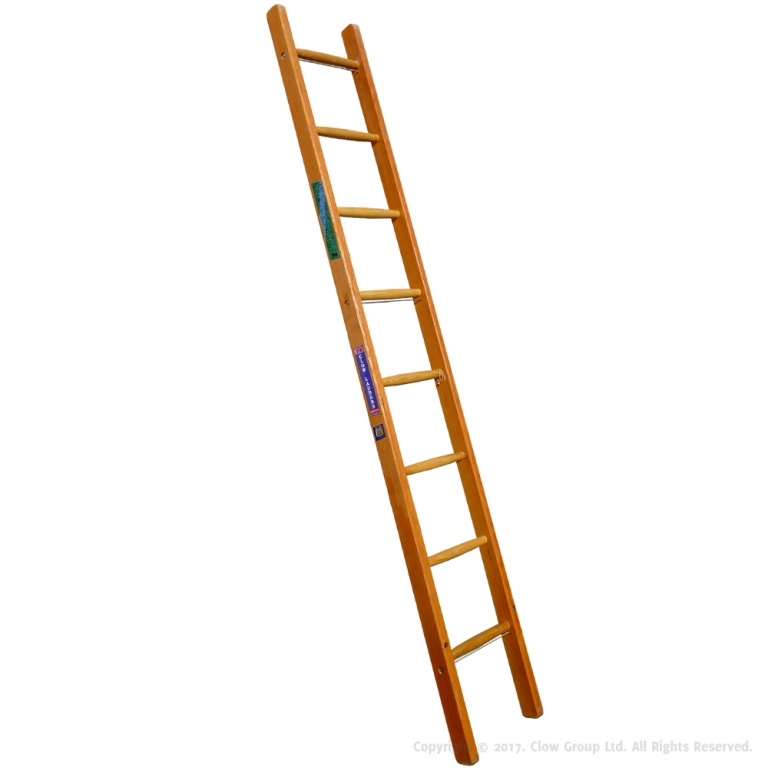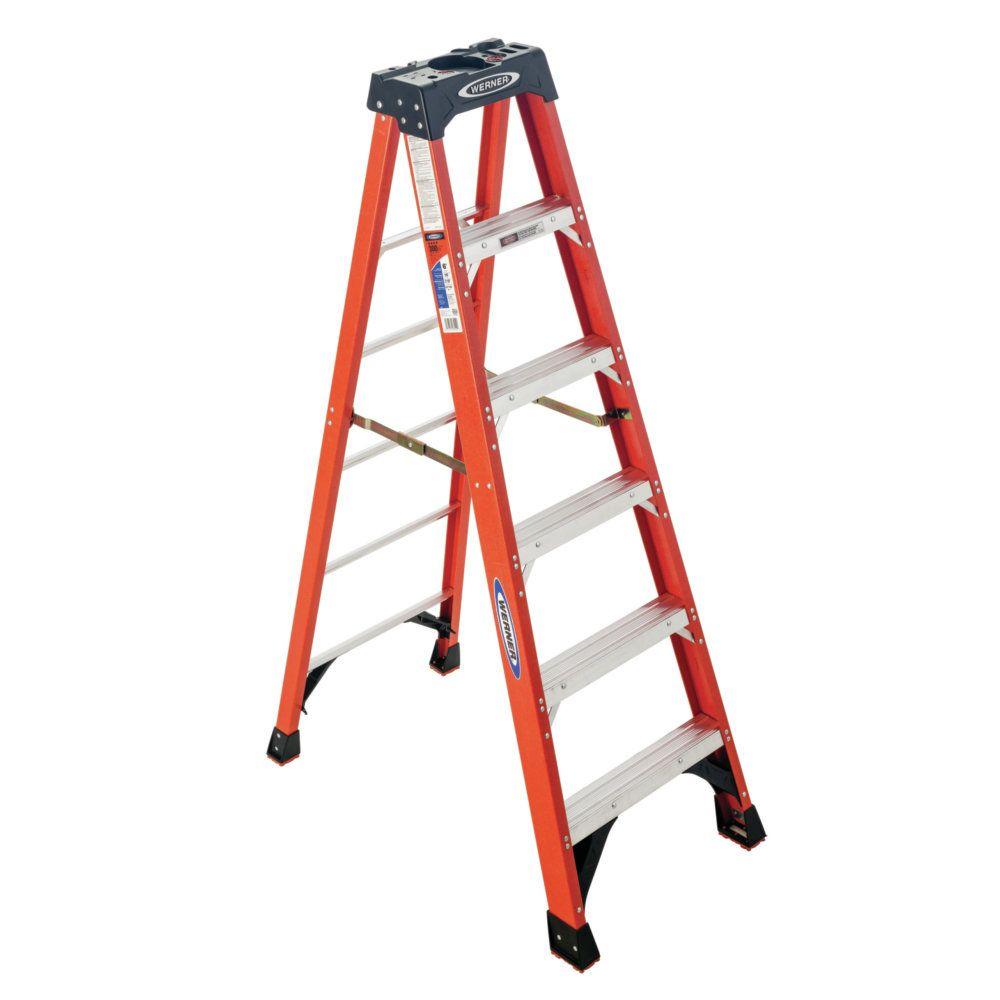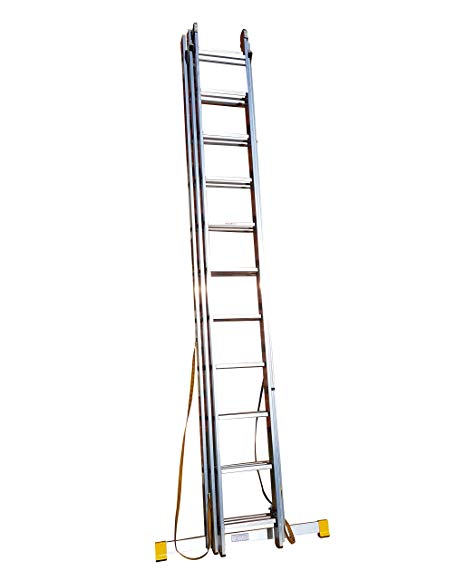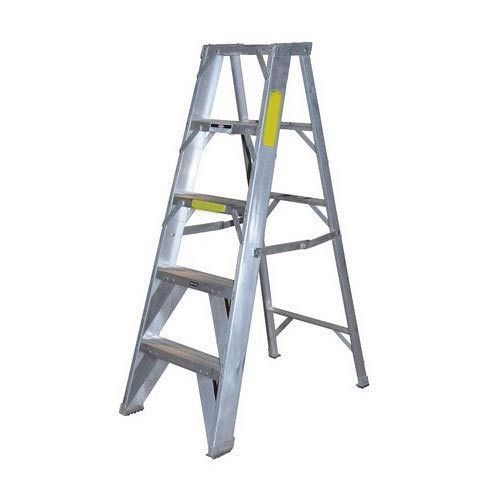
noun
- a structure of wood, metal, or rope, commonly consisting of two sidepieces between which a series of bars or rungs are set at suitable distances, forming a means of climbing up or down.
- something resembling this.
- a means of rising, as to eminence: the ladder of success.
- a graded series of stages or levels in status; a hierarchical order of position or rank: high on the political ladder.
- Nautical. companionway(def 1).
- Chiefly British. a run in a stocking.
verb (used with object)
- to climb or mount by means of a ladder: to ladder a wall.
- to furnish with a ladder: to ladder a water tower.
- Chiefly British. to cause a run in (a stocking).
verb (used without object)
- Chiefly British. to get a run, as in a stocking.
- to gain in popularity or importance: He laddered to the top of his profession.
noun
- a portable framework of wood, metal, rope, etc, in the form of two long parallel members connected by several parallel rungs or steps fixed to them at right angles, for climbing up or down
- any hierarchy conceived of as having a series of ascending stages, levels, etcthe social ladder
-
- anything resembling a ladder
- (as modifier)ladder stitch
- Also called: run mainly British a line of connected stitches that have come undone in knitted material, esp stockings
- See ladder tournament
verb
- mainly British to cause a line of interconnected stitches in (stockings, etc) to undo, as by snagging, or (of a stocking) to come undone in this way
n.Old English hlæder “ladder, steps,” from Proto-Germanic *khlaidri (cf. Old Frisian hledere, Middle Dutch ledere, Old High German leitara, German Leiter), from PIE root *klei- “to lean” (cf. Greek klimax “ladder;” see lean (v.)). In late Old English, rungs were læddrestæfæ and the side pieces were ledder steles. The belief that walking under one brings bad luck is attested from 1787, but its origin likely is more pragmatic than symbolic. Ladder-back (adj.) as a type of chair is from 1898. see bottom of the ladder.
 Liberal Dictionary English Dictionary
Liberal Dictionary English Dictionary
